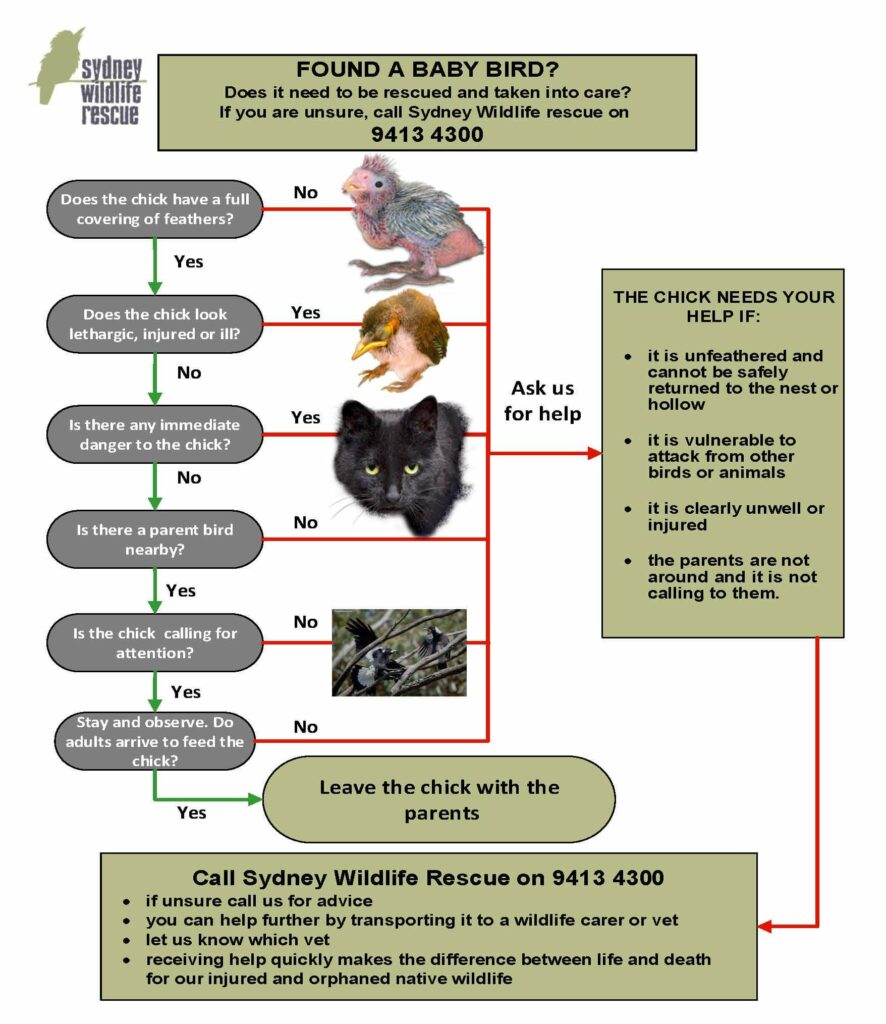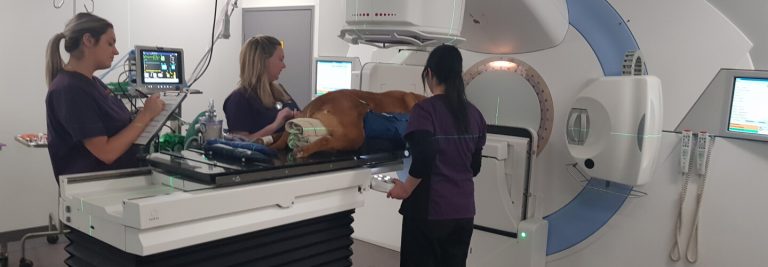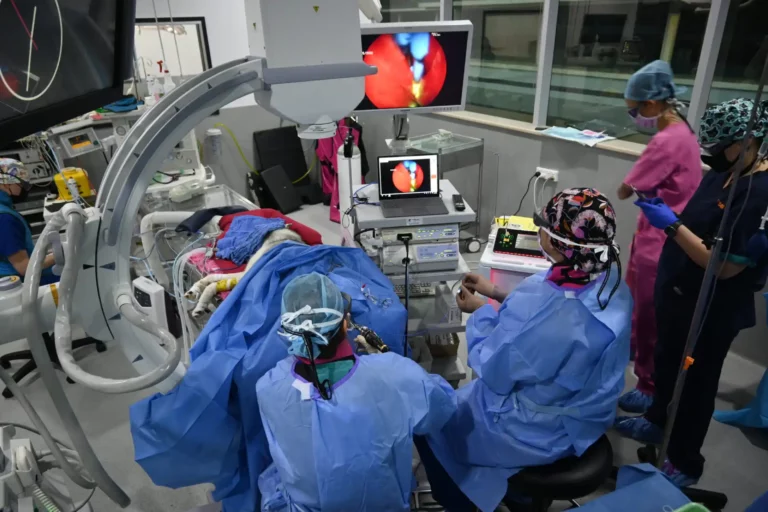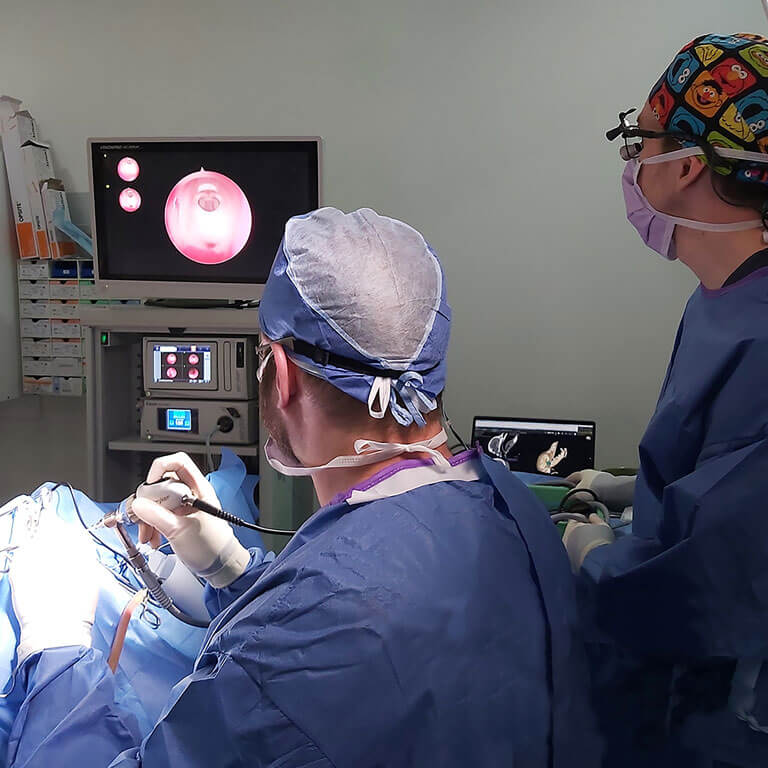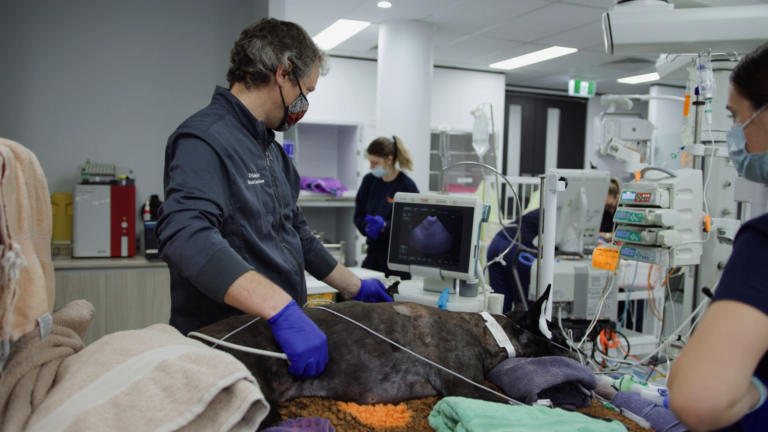Stray animals
What to do if I find a stray animal?
Vet hospitals are not suitable for sheltering stray animals. Stray animals can pose health risks to sick patients in hospital.
If you have found a stray, please take it to your local animal shelter, rescue, or pound, who are the organisations responsible for caring for, reuniting, and rehoming stray animals.
If you have a found a domestic animal or native wildlife that is injured and requires immediate medical assistance, vet hospitals will be able to accept these animals to provide first aid and further medical care.
By handing over wildlife or strays to SASH, you will be required to sign a declaration acknowledging that for privacy reasons, SASH will no longer be able to provide status updates about the animal. However, your contact details will be provided to rescue organisations and shelters should they wish to contact you for additional information that may help locating an owner or caring for the animal.
For specific details about different species, please read below.
Native wildlife
SASH hospitals collaborate with wildlife rescue organisations such as WIRES and Sydney Wildlife Rescue (in NSW), Fauna Rescue and Koala Rescue (in SA). This ensures the health, wellbeing and rehabilitation of injured wildlife. If wildlife is uninjured, we strongly urge you not to remove them from where they are found and/or contact one of the above organisations for further advice. Scroll down to find useful information from WIRES about what to do if you find a baby bird.
Stray cats
Uninjured, otherwise healthy stray cats should not be picked up by members of the public in NSW. The NSW Companion Act states that cats are permitted to roam. SASH is unable to accept uninjured, healthy cats or kittens. We urge members of the public to leave them where they are found – they often live close by.
South Australia has by-laws regarding cats which are set by the local council, so please check these before removing cats from where they are found.
We do not accept feral cats due to the injury risk they pose to our team and members of the public. If a cat is deemed to be feral on arrival, they will not be accepted.
Stray dogs
SASH has limited ability to accept uninjured healthy stray dogs. We will make every effort to scan for a microchip and reunite dogs with their owners through pet registries and the local council. Healthy stray dogs should be taken to the local pound in the area they are found to increase the chances of them being reunited with their owner.
The Lost Pet Finders website is an excellent resource for NSW and SA, which also has a list of local pounds and shelters for NSW and SA. Please note that vet hospitals are not equipped to handle aggressive stray dogs. These are a risk to yourself and the team at SASH. Please do not attempt to take aggressive strays to a vet unless it requires urgent medical attention.
Stray Avian & Exotic pets
Avian and exotic species include (but not limited to) various birds, rabbits, Guinea pigs, ferrets, and reptiles. In some cases, it can be challenging to determine if an animal is a stray pet or wildlife. Generally, stray avian and exotic pets do not cope well away from home. For this reason, SASH and the RSPCA will accept stray avian and exotic species. However, if they are determined to be healthy wildlife, they will not be accepted and you will be responsible for returning them to the place in which they are found.
Surrendering a pet
As a veterinary hospital, SASH does not accept surrendered animals. Please visit your local shelter for surrendering a pet.
List of animal shelters
The following is a list of some animal shelters and pounds that are better suited to accepting stray animals.
What to do if shelters are closed
Shelters and rescue groups generally not operate 24/7 or 365 days a year. If you have found an uninjured stray outside of their opening hours, BARC recommend contacting your local police station. Alternatively, you can take the animal to the shelter when they are next open.
Have you found a baby bird?
